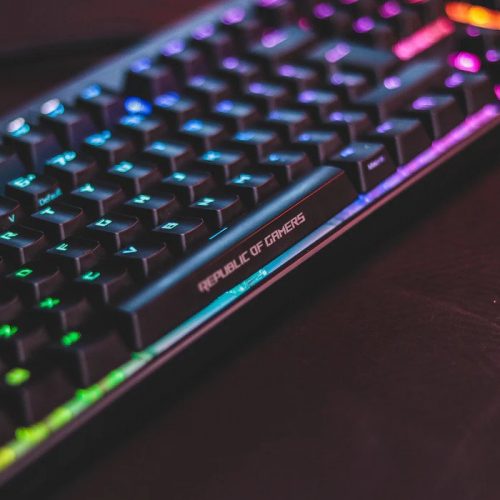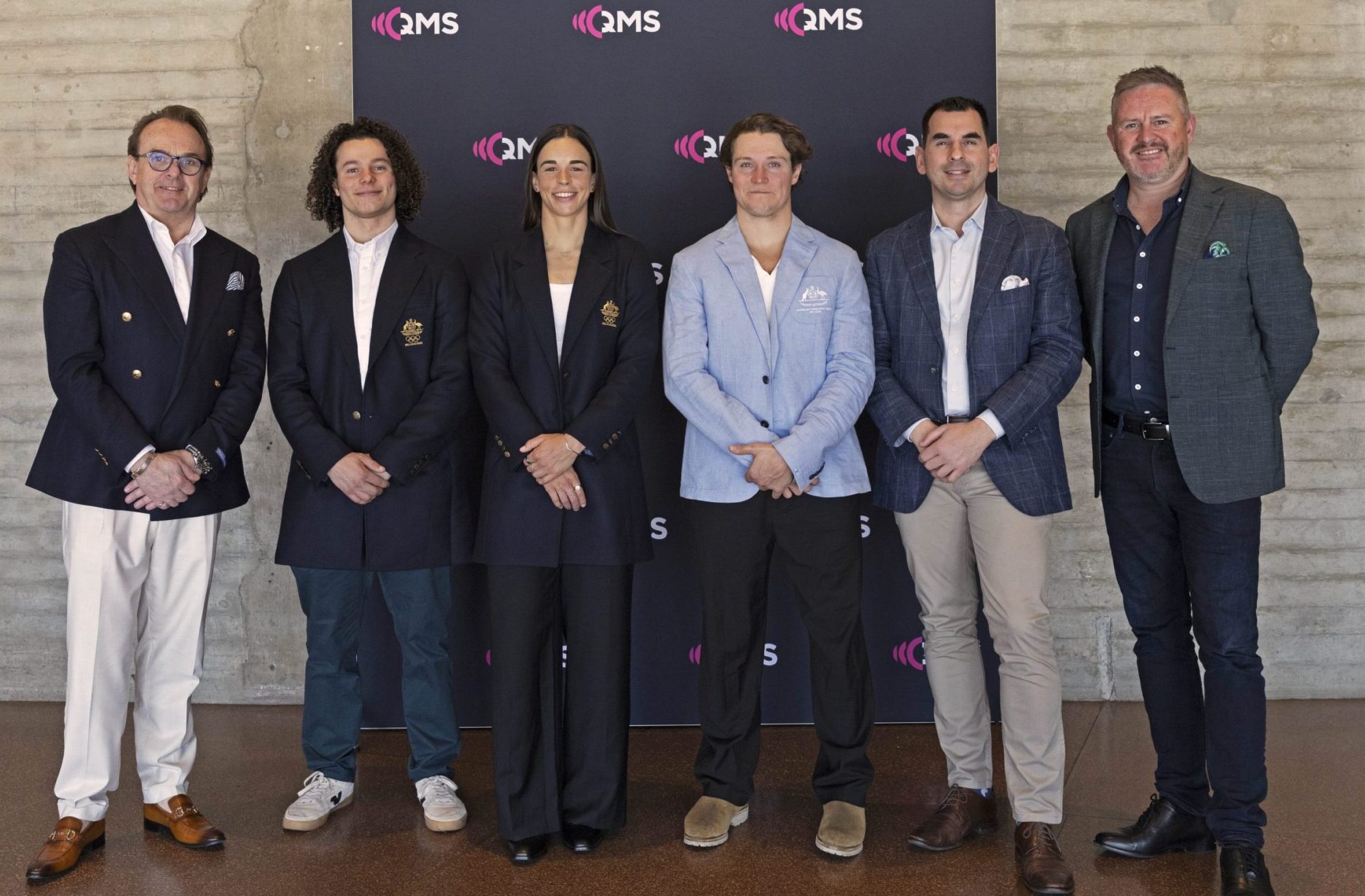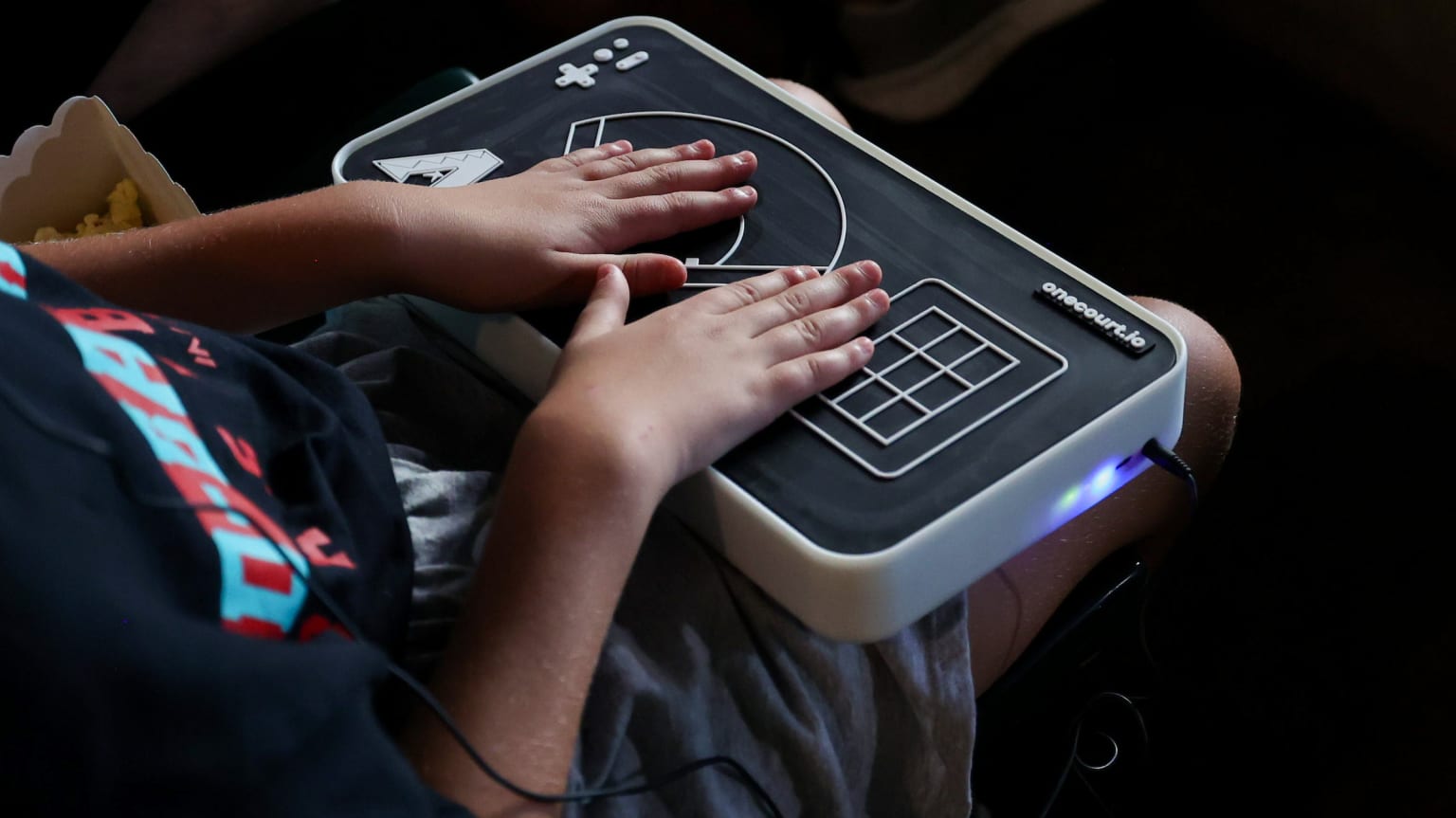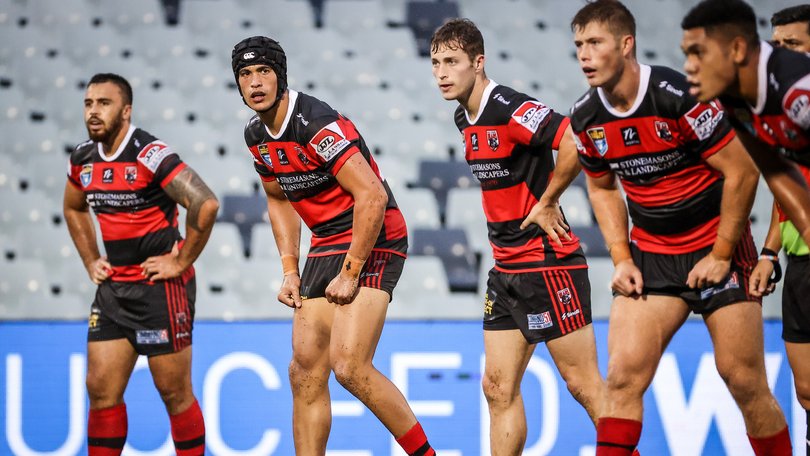In an exclusive interview with Ministry of Sport, ASUS country manager for ANZ, Emma Ou, spoke about the growth of gaming and esports and the shift of focus in commercial partnerships.
Discussing how the rise of gaming and esports due to COVID-19 has affected gaming companies, Ou said more brands across more industries are looking to get involved in gaming.
“Due to the impact of COVID-19, we have seen the gaming and esports industry grow exponentially as we started looking at new ways to connect and engage with broader communities,” Ou told Ministry of Sport.
“A PwC study found that the gaming sector in Australia was drawing less than $3.2 billion in revenues in 2019 – a figure that jumped to $3.4 billion last year.
“Not only were we looking at our usual gaming audience, but the sporting and lifestyle communities as gaming grew as both a competitive activity and a hobby.
“It has opened up more opportunities to collaborate with other industries outside of a traditional gaming silo and more ways for our customers to connect with our ROG (Republic of Gamers) brand.
“This is reflected in the partnerships that we engaged in the last 12 months, both from a commercial and brand awareness perspective,” she said.
Continuing further on how commercial partnerships have changed in esports and gaming in the last year, Ou said the COVID-19 pandemic sped up high-profile collaborations for ASUS.
“As esports can be conducted online, the impact of the pandemic on the demand for gaming laptops and PCs has been minimal,” Ou said.
“In line with this trend, our partnerships were not affected by COVID-19 at all.
“In fact, our most high-profile collaborations to date occurred last year, with the most prominent being our signing of world famous, DJ Alan Walker, as well as “tactical” fashion design house ACRONYM, headed by Errolson Hugh.
“Both of these brands are highly congruent with our ROG brand theme, and appeal to the same audience of ‘lifestyle’ gamers; the pandemic probably helped to speed things up and allowed us to engage with such brands and personnel, which in turn helped us to widen our brand appeal.
“In Asia Pacific, we also took the opportunity to host our first totally online gaming tournament which is happening across March and April this year, something we have been looking to execute for a while and excited to bring to life,” she said.
When asked how the gaming industry can work to capitalise further on the rise of gaming and esports, Ou said: “I think there’s a very simple solution to this, listen to what gamers want and give it to them.”
“The gaming market is now far beyond a ‘niche’ and it’s important that gamers’ influence and opinions are recognised.
“Gamers have been vocal when it comes to demanding requirements for their computing devices, which is why ROG is always developing unique technologies that not only ensure our products perform the best among our competitors, but also make them more durable,” she said.
Talking about the increased opportunity for brands to invest in gaming, Ou said the level of reach and awareness gaming drives is the main opportunity.
“In recent years, we have seen record high numbers within the gaming industry, whether they’re playing online or watching a stream,” Ou said.
“Now that it is more mainstream, people are starting to see the true benefits of gaming with countless opportunities for brands to get involved in the ecosystem cropping up.
“The main opportunity that brands will see is reach and awareness; gaming thrives on community.
“There is a lot of opportunity within the gaming space for brands to engage with this receptive crowd that has continuously shown that when it’s been done right, they will respond positively to brands that understand them and that have made a concerted effort.
“The market and the definition of gaming is growing at a rapid pace; the global video game market size was valued at USD$151.06 billion in 2019 and is expected to grow at a Compound Annual Growth Rate (CAGR) of 12.9% from 2020 to 2027.
“The term gamer is no longer associated with the traditional image of reclusive ‘geeks’ but encompasses a wide range of demographics.
“Even as new youths start to game, the first generation of kids who grew up with video games in the 1980s have become a lucrative market of older adult gamers.
“The pandemic really gave further rise to this generation, with many rediscovering their passion with indoor restrictions in place, these gamers would otherwise have struggled to find the time to game around work, social and potential family life,” she told Ministry of Sport.







